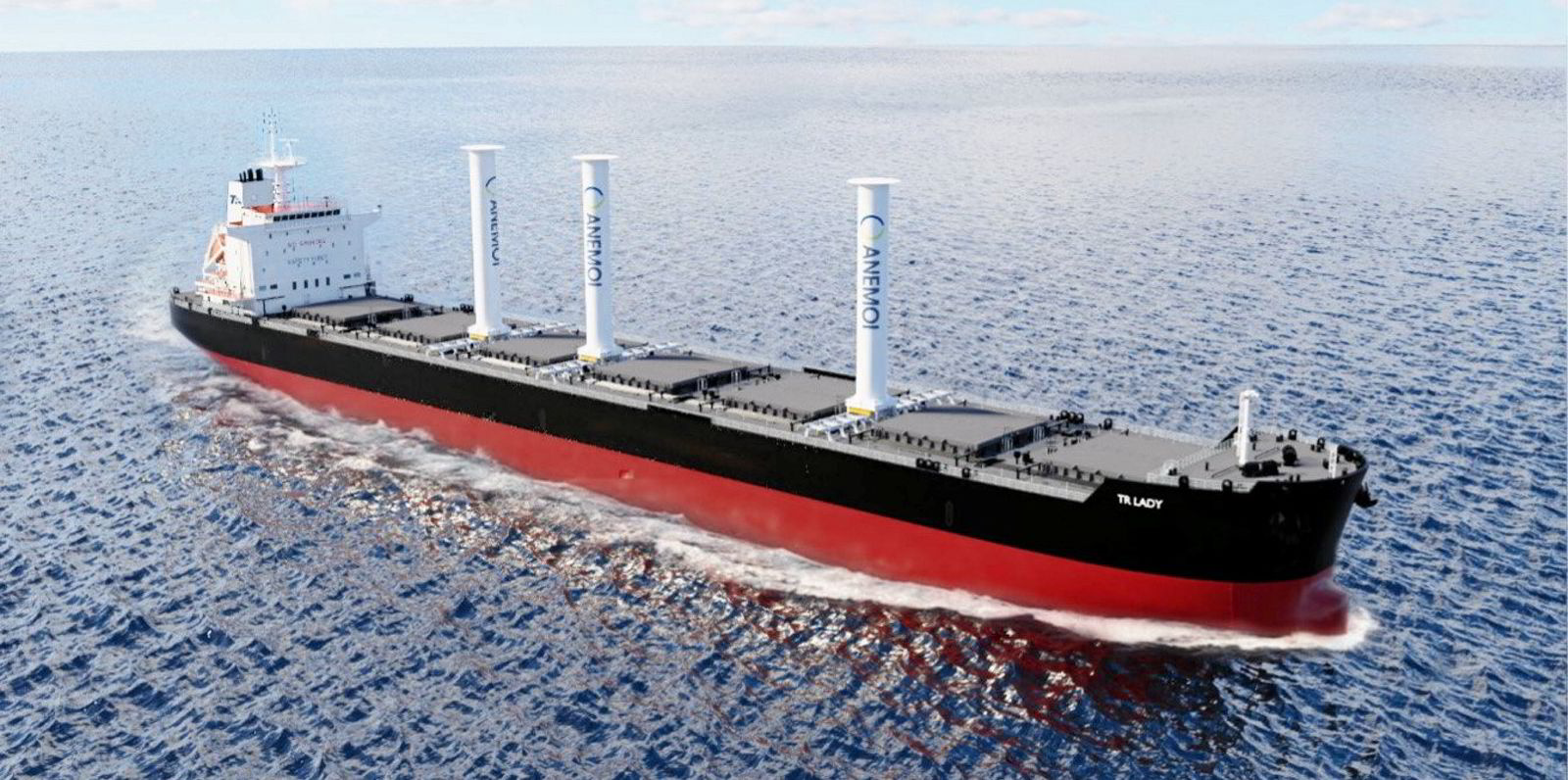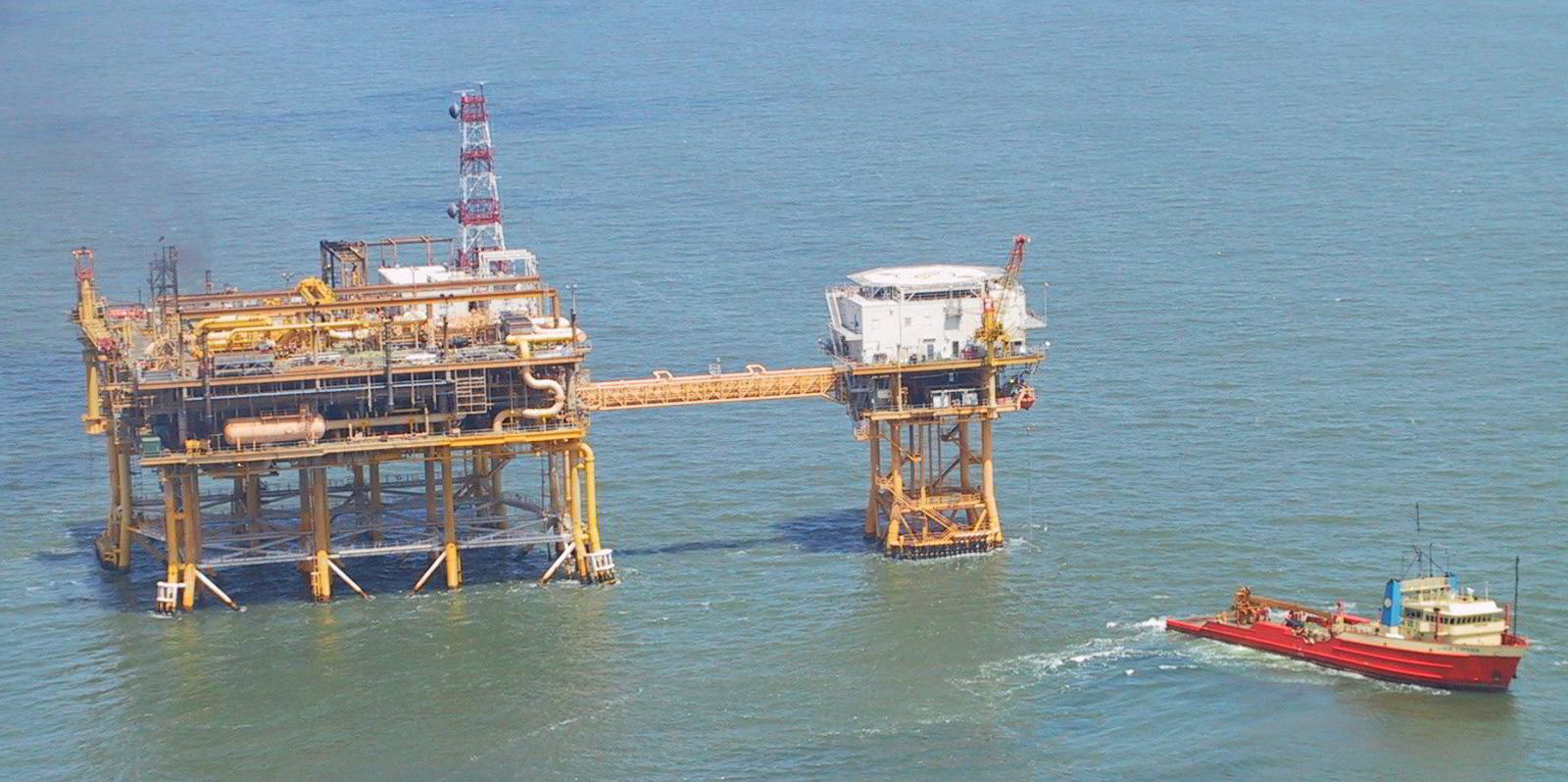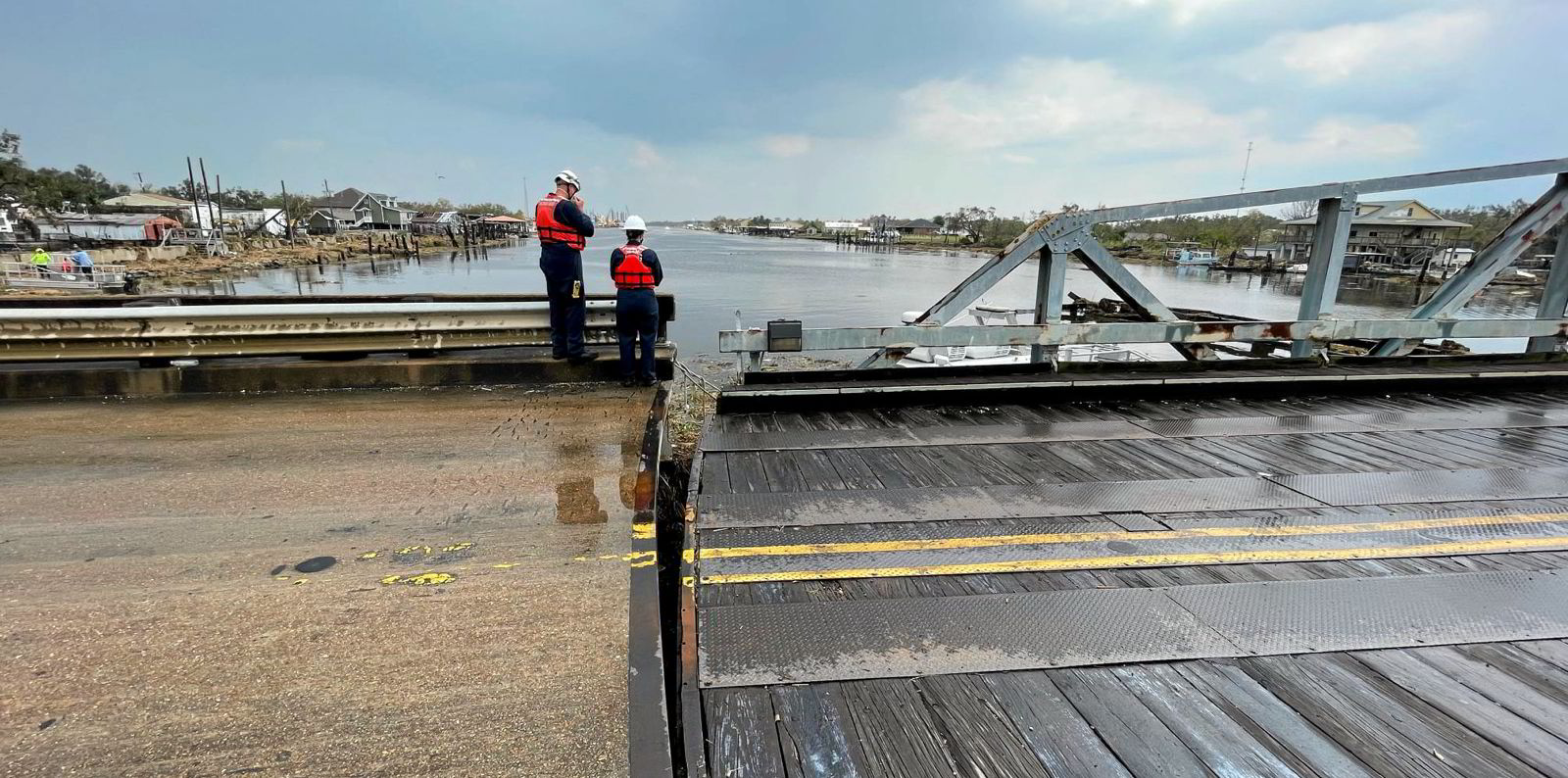London-listed shipping fund Tufton Oceanic Assets is confident of better tanker markets next year after its diversified fleet helped it to a bumper profit in the year to 30 June.
The company logged net earnings of $79.5m, against a loss of $1.2m a year ago, as it recorded a gain of $60.7m in the value of its financial assets.
The net asset value (NAV) per share increased from $0.93 to $1.15. The total NAV return for the financial year was 33.3%.
Tufton, which owns 21 vessels, said markets for containerships and bulkers recovered following pandemic hits, but an ongoing recovery in oil-demand growth and capacity in floating storage returning to the market remains an "overhang" for tankers.
So far this year, the company has fixed several vessels at higher rates compared with their previous charters and agreed to sell ships on low rates, with returns exceeding targets.
More profit coming
"I am encouraged by the company's performance over the financial year and believe the strategy of diversification, strong charter cover and low leverage will enable the company to grow profitably in the coming years," chairman Rob King said.
Tufton believes global oil demand is forecast to recover to pre-pandemic levels only in 2022, with demand for ships remaining "lacklustre" this year.
"Our expectation of a tanker market recovery in 2022 is supported by the ongoing improvement in global oil-demand growth following the Covid-19 vaccine roll-out, as well as the recent decision from Opec and its allies to increase production from August 2021," the company said.
Supply side dynamics for tankers also look very supportive, Tufton argues, with the total product tanker orderbook at only about 6% of the fleet.
The shipowner has also noted a recent increase in tanker recycling globally.
In the first half, 43 product tankers of 1.9m dwt were scrapped, equal to the total capacity demolished in 2019 and 2020 combined.
Protected from tanker weakness

"The company believes the combination of demand recovery and slowing supply growth bodes well for the tanker market in 2022," Tufton said.
All Tufton's product tankers are on fixed-rate, long-term charters with an average duration of 2.3 years, "insulating" the company from weak markets.
The shipowner revealed it had taken out a loan of $24m in connection with the acquisition of two unnamed product tankers.
The debt has an all-in cost below 5% and is secured by the two vessels, plus two more tankers.
Tufton also said the average energy efficiency of the company's fleet in 2020, as measured by the Energy Efficiency Operational Indicator (EEOI), improved by 2% compared with 2019.
Total CO2 emissions from vessels were 346,000 tonnes.
"With a growing portfolio of vessels, this measure is less relevant to the company than the normalised measure of emissions, the EEOI," Tufton added.
The EEOI is defined as the mass of CO2 emitted per unit of transport work in a given time period.







